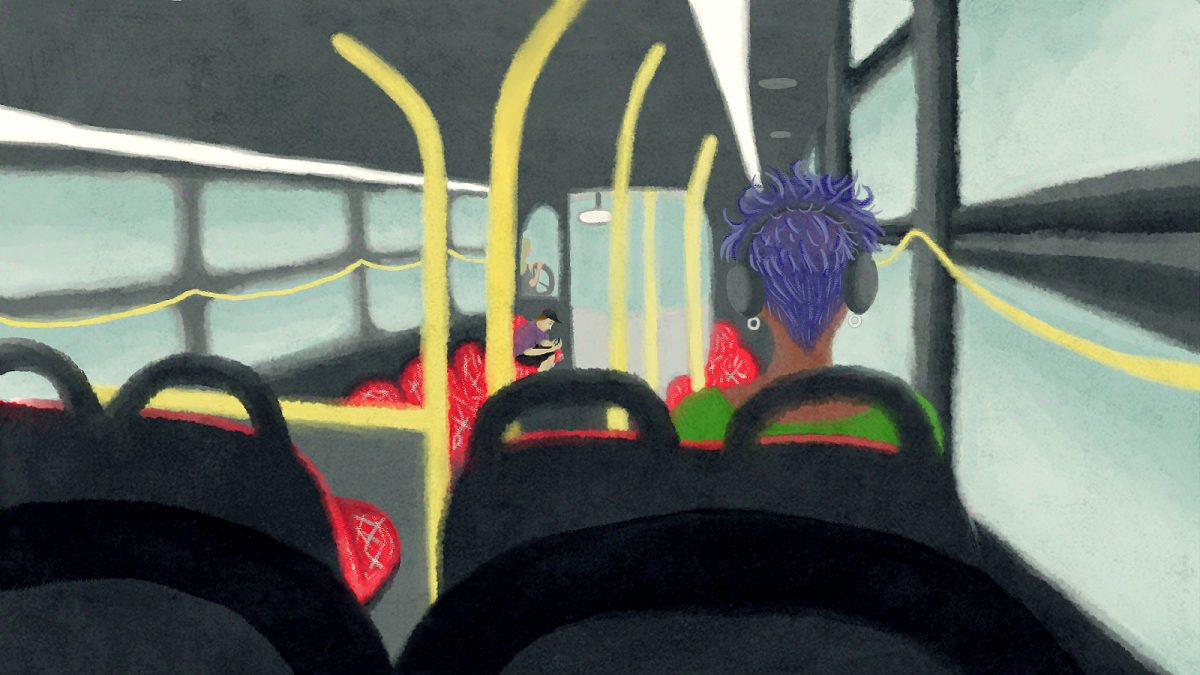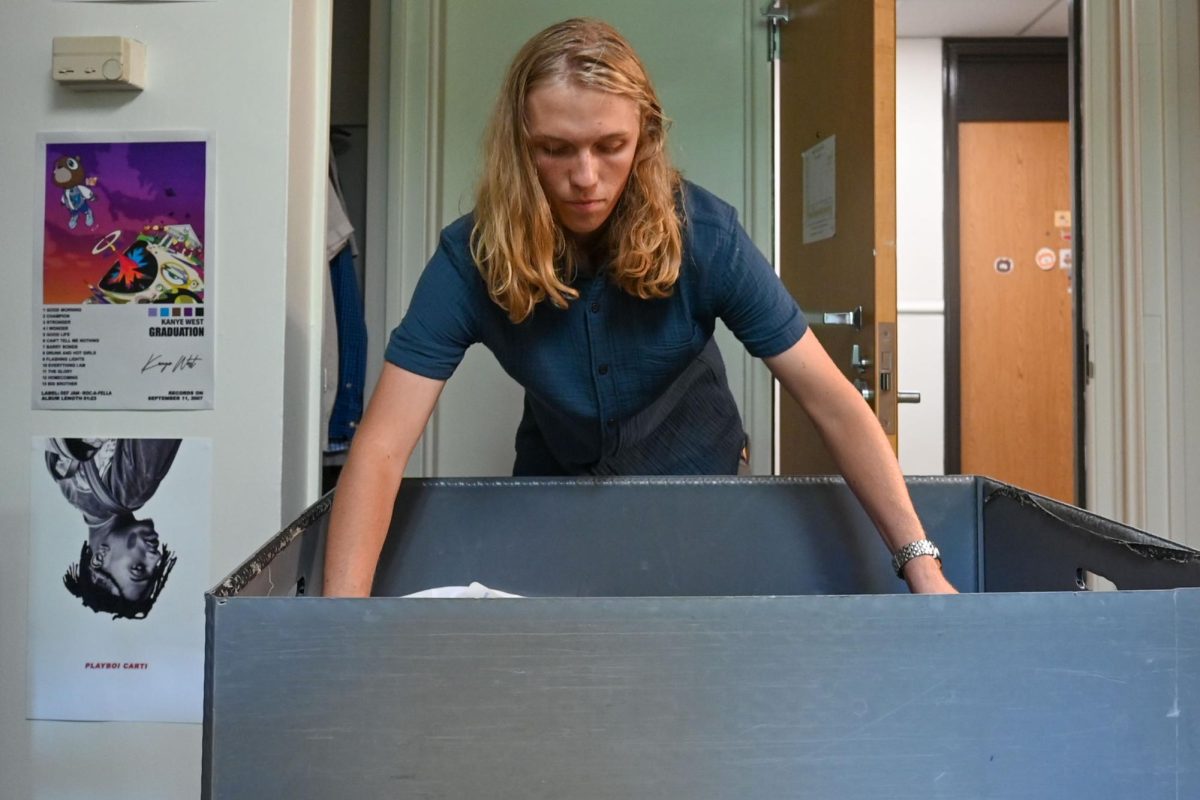Nov. 17 the N.C. State Board of Trustees approved an increase in tuition and fees. This increase angered much of the student body and Student Government, so allow me to put on my “accountant hat” and break it down for you.
After spending an hour reading through the information, crunching numbers and making a spreadsheet (an accountant’s first instinct), I learned that the total increase in tuition is $230, while the total increase in fees is $118.50, for a total of $348.50. Currently full-time, in-state tuition is $3,530 per year and the total fees for full-time, in-state students are around $1,250 per year.
To some of us, $348.50 is not much money. To others, it’s the difference between attending college and not.
I am not opposed to raising tuition or fees. In fact, I believe tuition increases are very necessary to improve the quality of education and student life here and to improve the University’s national prestige. The more money our University has to work with, the better our University will be and the more valuable our degrees will be as a result.
Because N.C. State is a public university, our education is highly subsidized and inexpensive because we attend a highly recognized university partly on the North Carolina taxpayer’s dime. Out-of-state tuition is more than 3.5 times in-state tuition. That is how much our education really costs and we are fortunate to attend a public university.
The concern I have regarding these specific tuition and fee increases is, “how will this make N.C. State a better university?”
Because almost 30,000 students go to school here, the $230 tuition increase will result in an additional $6.9 million to the University. Part will go to financial aid and part to increasing faculty salaries, both excellent causes; however it is the other 20.9 percent, or about $1.4 million that is questionable. Chancellor Oblinger stated that this money will be spent to “improve quality and access on campus,” which I read to mean, “I’ll spend it on whatever I damn well please”.
Quality and access? What does this mean? Better doors? More bricks? He could have said the money was going to al-Qaida and it would have been less suspicious. How the University spends this money should be explicitly spelled out, so students don’t have to assume that someone burned it, or that Oblinger threw a $1.4 million crack party.
The $118.50 increase in fees is allocated in various amounts to different organizations whose services I haven’t ever used. I visited the Student Health Center once, yet I have paid almost $1,000 in student health fees in my four years here. I pay a transit fee but never ride the Wolfline. I pay a fee for Thompson Theatre even though I have never set foot in it. I pay a recreational sports fee even though I don’t play recreational sports. I am fine with all of this because I recognize that all of these things make N.C. State a better university and these programs indirectly benefit the entire student body.
Having a quality student health center on campus is absolutely necessary. Having a convenient bus system reduces traffic on campus, which directly benefits me (I drive to campus) and helps the environment. Renovating our theater attracts a more diverse student body and exposes the average student to something other than math or farming. Recreational sports offer students a way to meet people and stay physically active, both important things for students. Although we may not directly use the facilities our fees support, everyone benefits from them in one way or another.
My only concern is that University administration now has a green light to raise fees by 6.5 percent every year. This means that these programs may start spending more freely and be less responsible with their budget because they know they will be getting a 6.5-percent increase in funding the next year. If student fees continue to increase at 6.5 percent, today’s freshmen will be paying about $1,500 in fees when they are seniors and in eight years, student fees will be about $2,000 a year.
Send your thoughts to [email protected].




